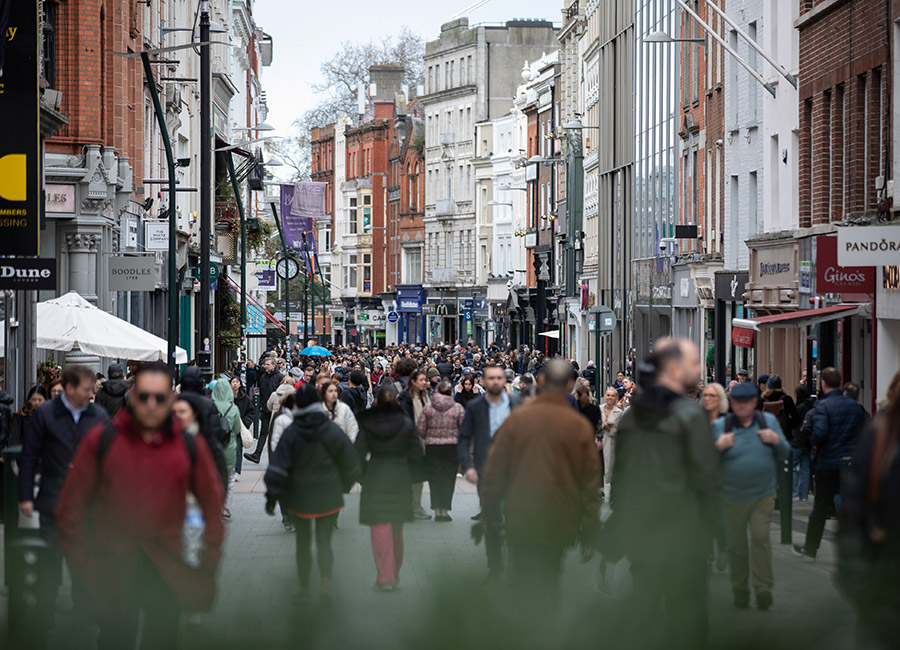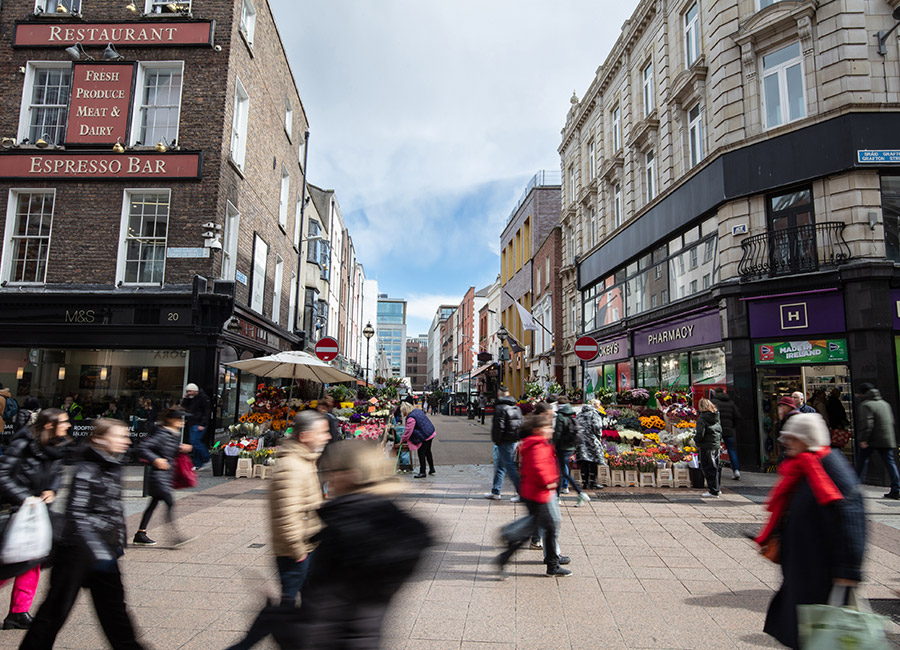Nearly a third (30%) of Irish shoppers feel less financially secure now than at the start of the year, research from KPMG has found.
Over half of the people answering the latest KPMG Next Gen Retail Survey said getting the best price is their main priority when deciding where to shop.
The study, which was conducted by Red C from 3-9 April, shortly after the US tariff announcements on 2 April, shows Irish consumers are under significant financial pressure, which could increase with the implementation of tariffs.
"Financial uncertainty could be compounded by increased trade headwinds depending on the form of the threatened tariff changes," said David O'Kelly, head of consumer, retail & manufacturing at KPMG Ireland.
"This dynamic creates a clear challenge to Ireland's retailers to optimise their supply chains and cost structures to maintain competitiveness.
"The retail sector has adapted to significant change in the past and no doubt will use the tools available to pivot again."
A majority (54%) of respondents said they are buying fewer items to save money and modifying their household budgets, up from 50% in October.
Young people aged 18-24 are especially price-focused, and price is their top priority when going shopping, but middle-aged people with families are shopping around for deals too in reaction to inflation.
"What's interesting though, if you look into that, they tend to look for more recurring value with store cards or loyalty cards as opposed to the younger cohort who tend to be less brand loyal, they just buy whatever's cheapest," said O'Kelly.
Some 85% of Irish adults still primarily purchase their groceries in store, with three in five (59%) believing that the experience of shopping in-person will never be matched by online shopping.

Half (50%) of respondents consider shopping online to be generally cheaper than shopping in store, down slightly from 51% last year.
A fifth of people said they would shop online more often, though due to the launch of Amazon.ie in March, rising to 42% among the 18-24 cohort.
(Pic: Getty Images)









